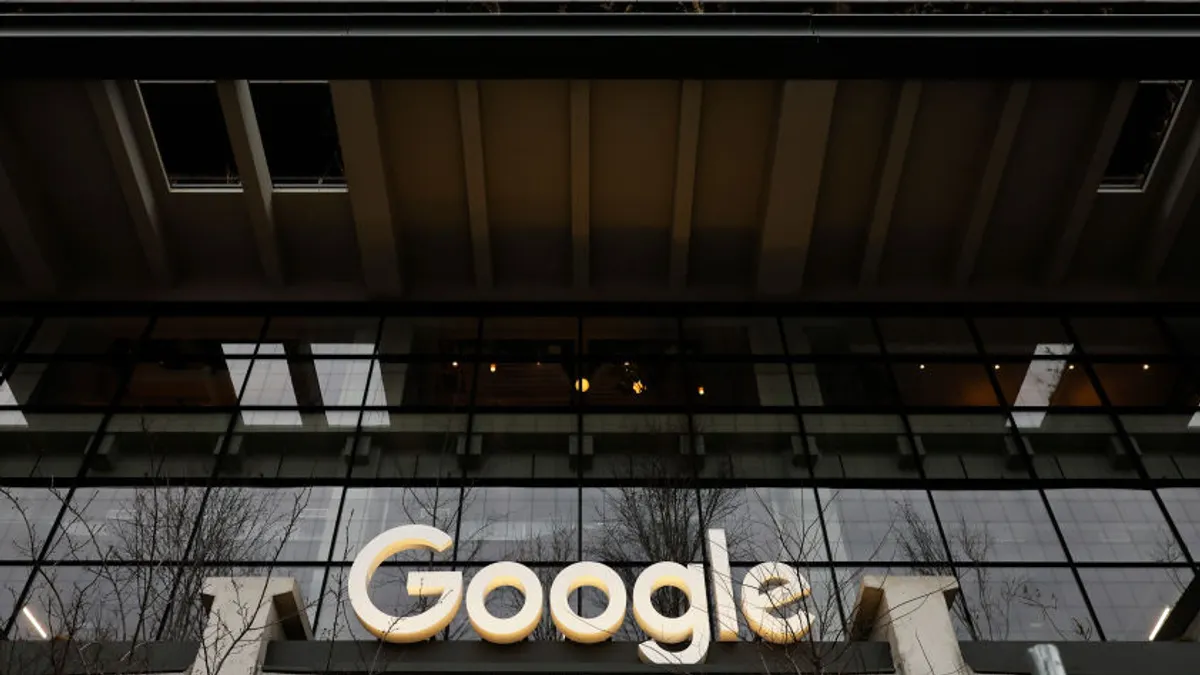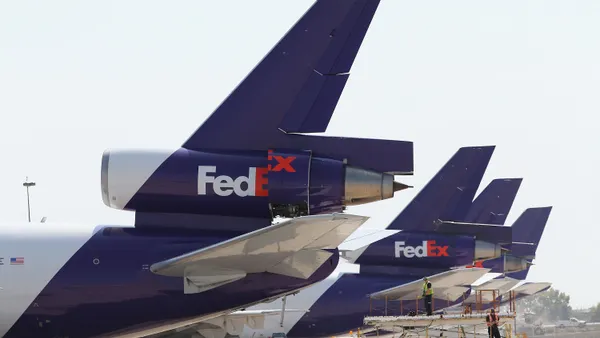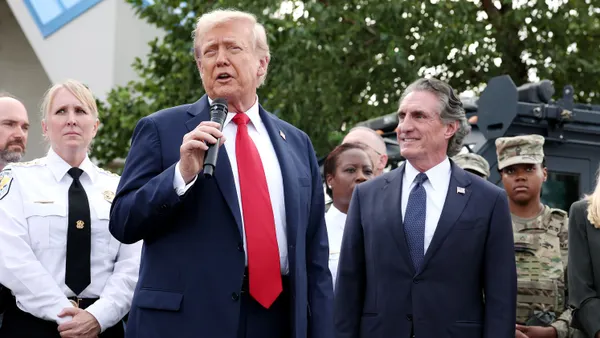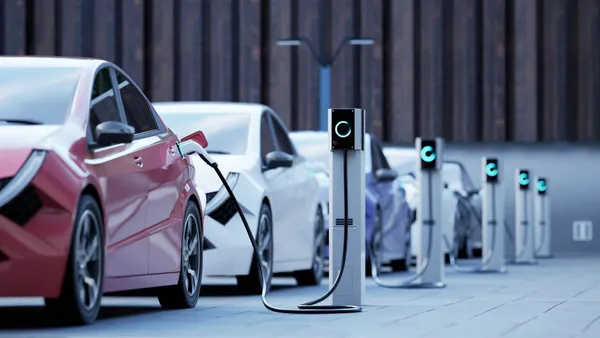Dive Brief:
- Google announced a deal Wednesday to have bio-waste carbon removal company Vaulted Deep remove 50,000 tonnes of carbon dioxide by 2030 and have an independent carbon removal registry measure the technology’s effectiveness at preventing methane emissions generated by waste.
- Carbon removal registry Isometric will certify the carbon off-takes and work to quantify Vaulted Deep’s ability to cut methane emissions through this process, Vaulted Deep said in a Wednesday release.
- The tech giant’s deal with Vaulted Deep is a follow-on deal to a 2024 agreement made through Frontier Climate, according to the carbon removal startup’s release. Frontier Climate — a decarbonization initiative backed by Google-parent company Alphabet, Stripe, Meta and more — served as one of Vaulted Deep’s first clients when it launched in September 2023.
Dive Insight:
The deal builds on Google’s work to scale carbon dioxide removal pathways and manage superpollutants like methane, which has 80 times more warming power than carbon dioxide over 20 years, according to the Environmental Defense Fund. The global search engine and tech conglomerate contracted over $100 million in carbon removals in 2024 and announced deals to manage superpollutants, including one focused on methane, earlier this year.
Vaulted Deep’s bio-waste removal technology turns organic waste and biomass into a carbon-dense slurry that is then injected deep into disposal wells for permanent storage. Vaulted Deep’s feedstocks include food waste, paper sludge, manure, agricultural byproducts and biosolids, that the company said otherwise would end up in landfills, wastewater treatment and manure management facilities and contribute to methane emissions.
Vaulted Deep said in its release that it is working to measure methane emissions not to generate credits for methane avoidance, but to help understand its “true climate impact and the science needed to measure methane reliably.”
“By quantifying methane avoidance, we can fill in a key missing piece of the climate ledger. That means a more accurate picture of our contribution to climate goals and stronger evidence of local benefits,” the carbon removal company said. “The science tells us that cutting methane is one of the most powerful levers we have to slow warming in the next few decades.”
Isometric will verify the removals, and work with both companies and other scientists to develop scientific standards to quantify avoided methane emissions, Vaulted Deep said. The partnership will first work to reach a consensus on accounting and measurement criteria for methane, before releasing a report and publicly sharing a scientific report on how to quantify methane emissions.
“This marks an important step in expanding the same scientific rigor and transparency for measuring the atmospheric impact of CO2 to superpollutants,” Google Carbon Removal Lead Randy Spock said in the company’s announcement.
Google previously signed deals with Indonesia-based company Recoolit and nonprofit Cool Effect in May to help manage its superpollutants. The agreements will collectively fund the removal of 25,000 tons of superpollutants by 2030. Recoolit partners with Indonesia-based heating, ventilation and air conditioning companies to capture fluorinated gases from residential and commercial systems before they are released into the atmosphere. Cool Effect connects landfills with the financial support to collect and destroy methane from organic materials.












